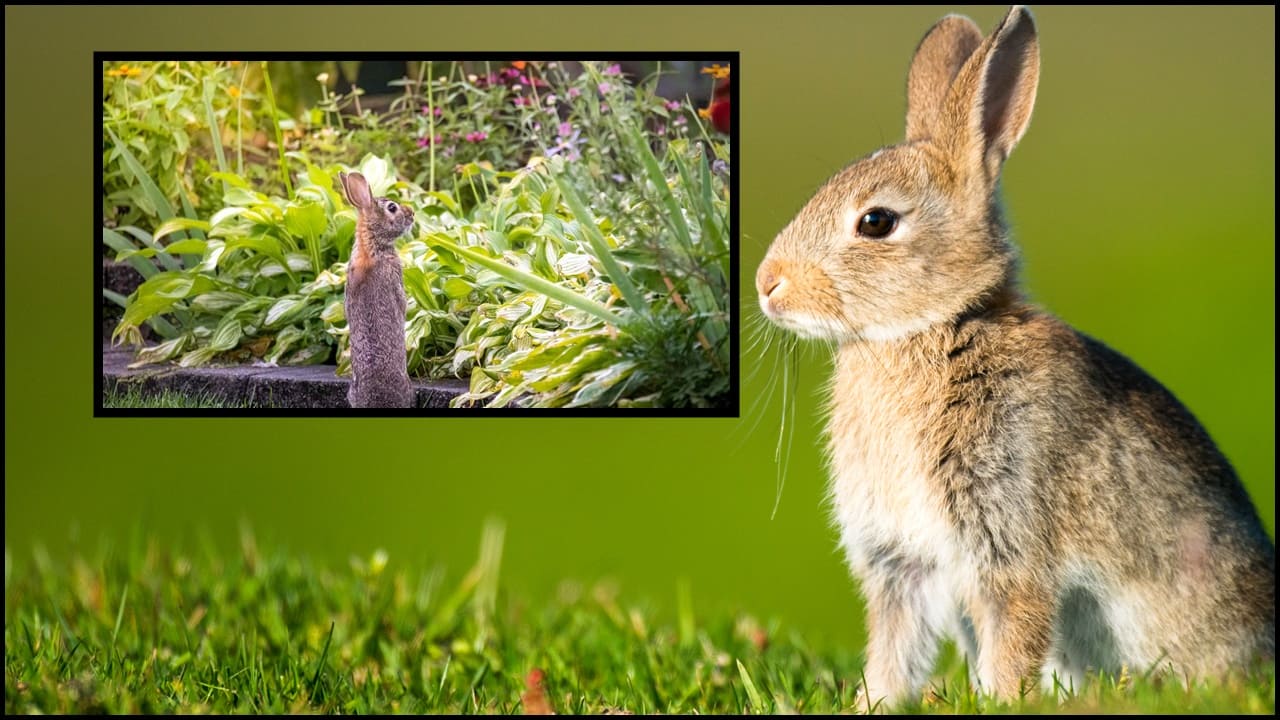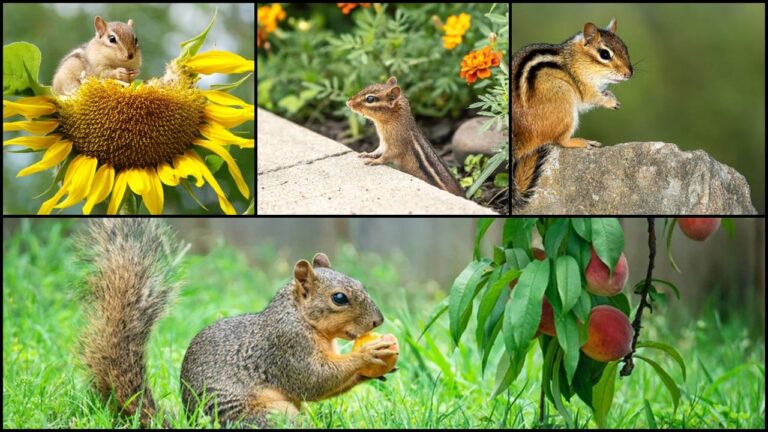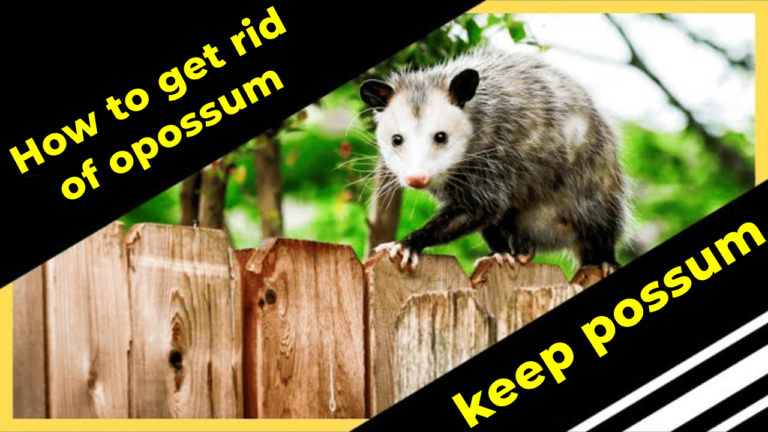How to Keep Rabbits Out of the Garden
Rabbits may look adorable, but when they’re nibbling away at your vegetables, fruits, and flowers, they quickly lose their charm. These fluffy invaders can wreak havoc on your garden if left unchecked. While some swear by marigolds or other rabbit-resistant plants, not every method works for every gardener. This comprehensive guide will equip you with the knowledge and tools to protect your garden and keep rabbits at bay effectively and humanely.
Identifying Rabbit Damage

Before you take action, it’s essential to confirm that rabbits are indeed the culprits. Their feeding habits can mimic other pests like deer or groundhogs. Look for these telltale signs:
Disappearing Plants: Rabbits often devour entire plants, leaving chewed-down nubs where lush greens once grew.
- Nibbled Bark: They chew on the tender bark of young trees and shrubs, often near the base.
- Pelleted Droppings: Small, rounded droppings are a clear sign of rabbit activity.
- Low-Level Damage: Unlike deer, which feed higher up, rabbits’ damage is typically closer to the ground.
Shallow Holes: While not extensive diggers like groundhogs, rabbits create small nests or depressions in the soil.
The Best Methods to Keep Rabbits Out
Dealing with rabbits requires a multi-faceted approach, combining physical barriers, repellents, and garden design strategies. Here are the most effective solutions:
Install Fencing
Why It Works: A sturdy fence is the most reliable way to keep rabbits out permanently.
- How to Do It: Use chicken wire or rabbit wire with openings of 1 inch or smaller. Ensure the fence is at least 2 feet high and bury 2-3 inches below the soil to prevent digging. For added protection, angle the top of the fence outward.
For Specific Plants: Create small wire cages around vulnerable plants, especially seedlings and young growth.
Use Rabbit-Resistant Plants
Rabbit-Resistant Varieties: While no plant is truly rabbit-proof, some are less appealing. Consider planting yarrow, lamb’s ear, daffodils, peonies, and potatoes.
- Scented Herbs: Strongly scented herbs like rosemary, thyme, and garlic deter rabbits. Use these as companion plants around vulnerable crops.
Apply Natural Repellents
Effective Scents: Rabbits are repelled by strong smells such as garlic, cayenne pepper, or commercial repellents made from putrescent egg solids.
- How to Apply: Spray repellents on plants and reapply after rain. For edible plants, ensure the repellent is food-safe.
Tidy Up Your Garden
Remove Shelter: Clear brush piles, prune overgrown shrubs, and block off crawlspaces under porches or sheds.
Limit Food Sources: Clean up fallen fruits and use row covers to protect vegetables.
Create Distractions
- Clover as a Decoy: Plant patches of clover away from your main garden. Rabbits may prefer the easy meal over your prized plants.
Employ Scare Tactics (With Caution)
- Temporary Solutions: Use motion-activated sprinklers, pinwheels, or reflective objects like CDs. However, rabbits quickly adapt, so these methods are best paired with fencing or repellents.
- Natural Predators: If you have a dog, let it patrol the yard to deter rabbits.
Challenges of Trapping and Relocating
Trapping rabbits may seem like an easy fix, but it’s often ineffective and may be restricted by local laws. Relocated rabbits rarely survive, and new rabbits usually take their place. Instead, focus on preventive measures to make your garden less attractive to these critters.
Building a Rabbit-Proof Garden
To rabbit-proof your garden, consider the following design strategies:
- Raised Beds: Plant vegetables in raised beds with protective covers to keep them out of reach.
- Hanging Baskets: Grow tender plants like lettuce in hanging baskets or tall containers.
- Dense Planting: Fill bare soil with groundcovers or mulch to discourage burrowing.
Why Coexistence May Be the Best Option
Despite their appetite for your garden, rabbits play an essential role in local ecosystems. They provide food for predators and help control invasive plant species. By creating a balanced garden with designated areas for wildlife, you can enjoy the benefits of a biodiverse environment while protecting your plants.
Conclusion
Protecting your garden from rabbits doesn’t mean resorting to harsh measures or eliminating them entirely. By combining fencing, natural repellents, rabbit-resistant plants, and smart garden design, you can keep these fluffy visitors at bay while maintaining a harmonious outdoor space. With the right approach, you’ll ensure your flowers and vegetables thrive without becoming a bunny buffet.







